What is Artificial Intelligence? How is it Applied in Life?
Artificial Intelligence helps simulate human thinking, learning capabilities, and behaviors in machines. Learn more about AI in the following article!
What is Artificial Intelligence?
Artificial Intelligence (AI) is technology that allows machines, particularly computers, to "learn" and "think" like humans. Unlike logical programming in traditional programming languages, AI uses machine learning systems to simulate human intelligence in processes where humans typically outperform computers.
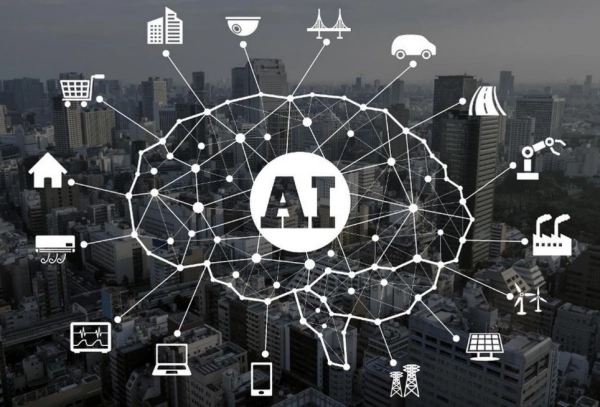
Specifically, AI enables computers to possess human-like intelligence, such as reasoning and problem-solving, understanding and communicating in natural language, learning and adapting independently, etc.
Advantages and Disadvantages of AI
Advantages of AI:
- Outstanding Productivity: Automates repetitive tasks, freeing up human labor. Processes information at high speed and volume, far exceeding human capabilities. Operates continuously 24/7 without the need for rest.
- High Accuracy: Minimizes human errors. Makes decisions based on data and algorithms, less influenced by emotions. Analyzes complex data for more accurate results.
- Creativity: Supports humans in creative fields like art, music, and design. Finds new, groundbreaking solutions for complex problems.
- Personalized Experience: Provides personalized services and products based on user preferences and behavior. Enhances customer experience in various fields like shopping, entertainment, and education.
- Solving Global Problems: Applied in fields such as healthcare, environment, and energy to tackle global challenges. Analyzes big data to predict and prevent risks.
Disadvantages of AI:
- Job Loss Risk: Automation can replace humans in many fields, leading to unemployment. Requires workers to adapt and upgrade skills to meet new demands.
- Discrimination: AI algorithms can be biased due to subjective or prejudiced input data. Results in unfair decisions affecting vulnerable groups.
- Ethical Issues: Concerns about AI exceeding human control. Potential misuse of AI for malicious purposes like developing autonomous weapons or manipulating information.
How Many Types of AI Technology Are There?
AI technology encompasses everything from robotic process automation to real-world robots. Currently, AI technology is divided into four main types:
Type 1: Reactive AI Technology
Reactive AI technology can analyze the most feasible moves for itself and its opponent to provide the optimal solution.
A prime example of reactive AI technology is Deep Blue, an automatic chess-playing program created by IBM. It can identify moves and predict the opponent's next steps, thereby making the best moves.
Type 2: Limited Memory AI Technology
This AI technology can use past experiences to make future decisions. Often combined with environmental sensors, it predicts possible scenarios and makes the best decisions for devices.
For example, self-driving cars equipped with numerous sensors can calculate the distance to vehicles ahead. AI predicts potential collisions and adjusts the car’s speed to ensure safety.
Type 3: Theory of Mind AI
This AI technology can learn and think independently, applying what it has learned to perform specific tasks. Currently, this AI technology is not yet feasible.
Type 4: Self-aware AI
This AI technology possesses self-awareness, consciousness, and can behave like humans. It can even express emotions and understand human emotions. This is considered the highest development stage of AI technology, which is not yet achievable.
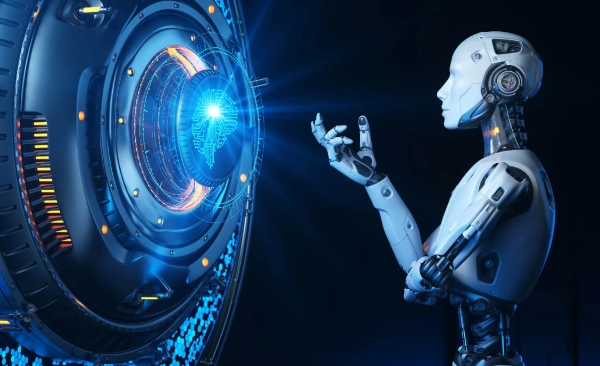
Applications of AI in Life
1. In Transportation
AI is used in self-driving vehicles, particularly cars. This application offers economic benefits by reducing costs and minimizing life-threatening accidents.
In 2016, Otto, Uber's self-driving car division, successfully transported 50,000 cans of Budweiser beer over a distance of 193 km. According to IT consulting firm Gartner, future cars will connect via Wi-Fi to choose the best transportation routes.

2. In Manufacturing
AI is applied to optimize production processes. Its high analytical capabilities guide decision-making in manufacturing.
3. In Healthcare
A notable AI application in healthcare is the use of drones in emergency rescues. Drones travel 40% faster than specialized vehicles, making them suitable for challenging terrains.

4. In Education
AI has brought significant changes to education. Activities like grading and tutoring can be automated with AI. Educational games and software are designed to meet specific student needs, helping them improve at their own pace.
AI can also identify issues in courses that need improvement. It tracks student progress and notifies teachers of any problems with students' performance.
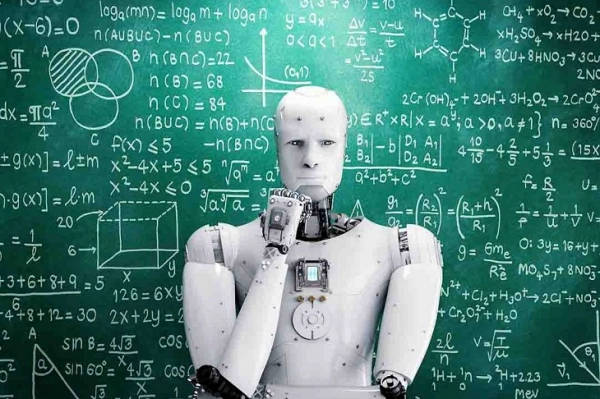
Moreover, students can learn from anywhere in the world using AI-supported software. AI also provides data to help students choose the best courses for themselves.
5. In Media
In media, AI development has changed how companies reach their target customers. AI’s advantages allow companies to deliver ads at the right time to potential customers by analyzing demographic characteristics, online activity habits, and content preferences.
6. In Services
AI helps optimize the service industry, enhancing customer experiences. By collecting and analyzing data, AI understands customer service behavior, providing solutions tailored to individual needs.
Artificial intelligence is a promising technology that brings numerous new opportunities but also poses significant challenges. Understanding AI will help us maximize its benefits and prepare for future changes.
Submit feedback
Your email address will not be made public. Fields marked are required *
Search
Trend
-
What is Black Myth: Wukong? Detailed Guide on System Requirements and Gameplay
08-21-2024 . 1k view
-
The simplest and fastest way to log into the Chinese TikTok, Douyin.
01-10-2022 . 1k view
-
Blog sites that will accept AI generated content
07-26-2024 . 1k view
-
Call of Duty: Black Ops 6 - Intense, Mysterious, and Surprising Warfare
09-02-2024 . 1k view
-
The "End of Life" for Windows 10: A Massive E-Waste Threat and Sustainable Solutions
08-18-2024 . 952 view







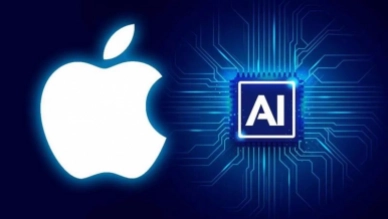
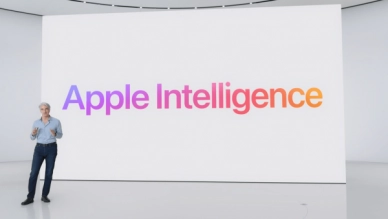

0 feedback